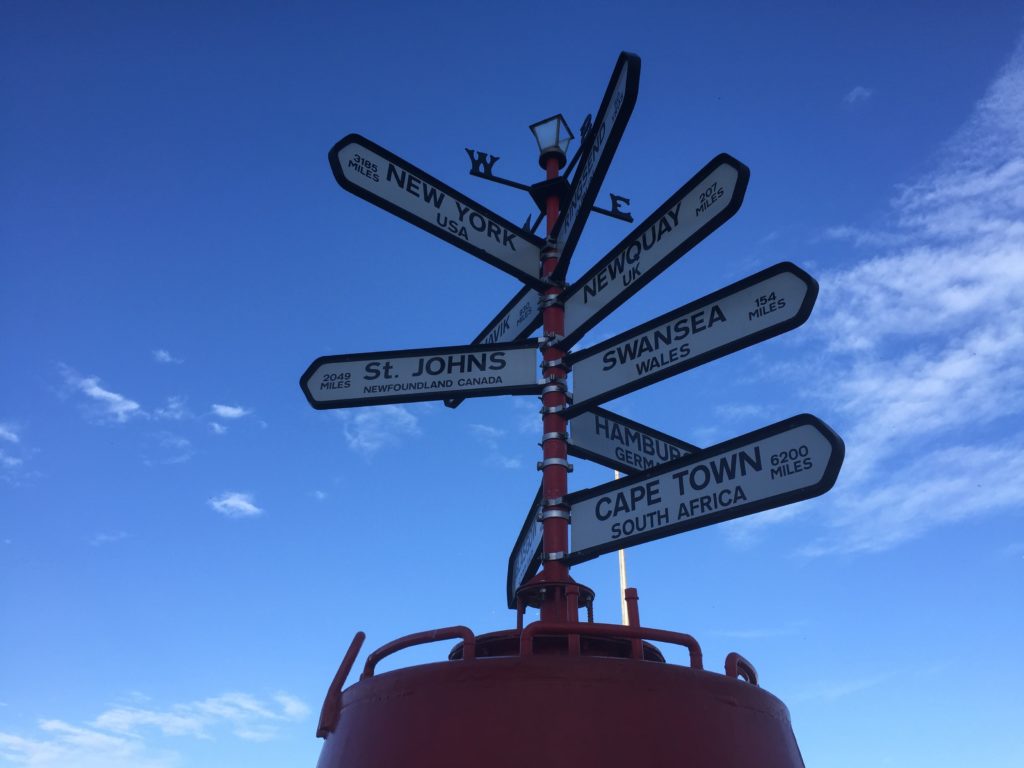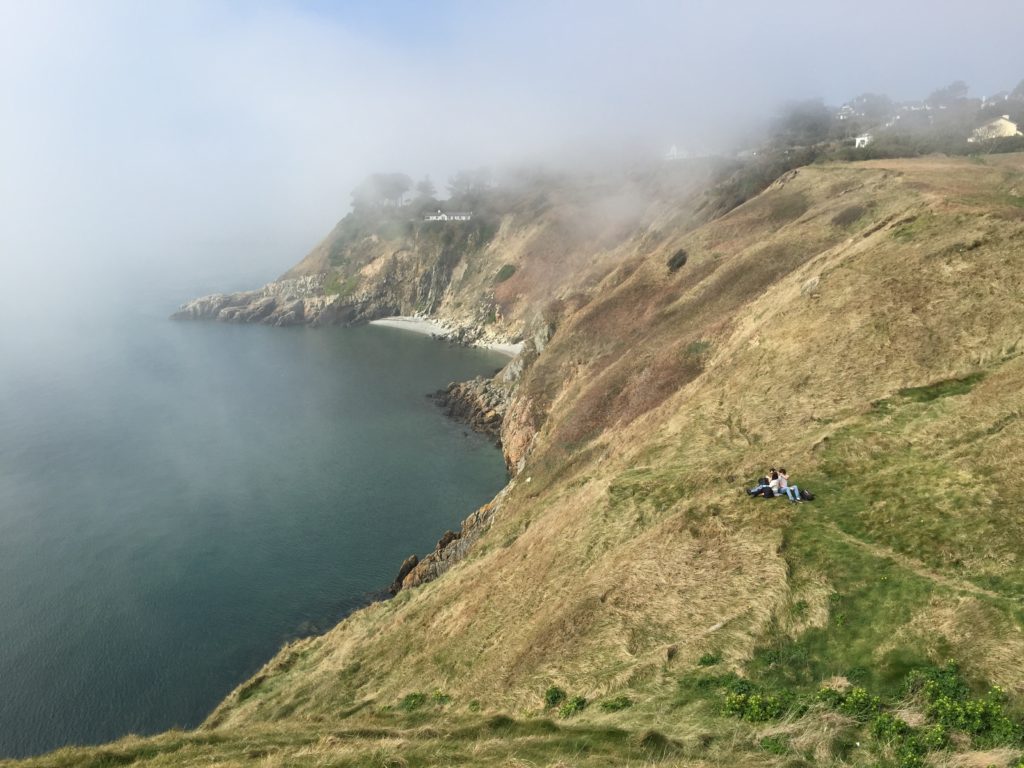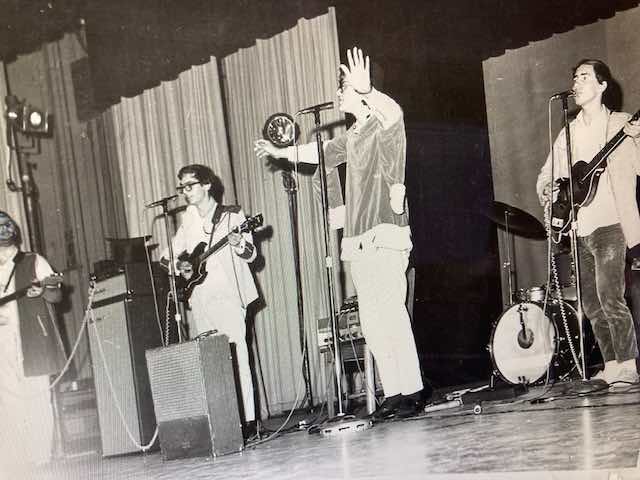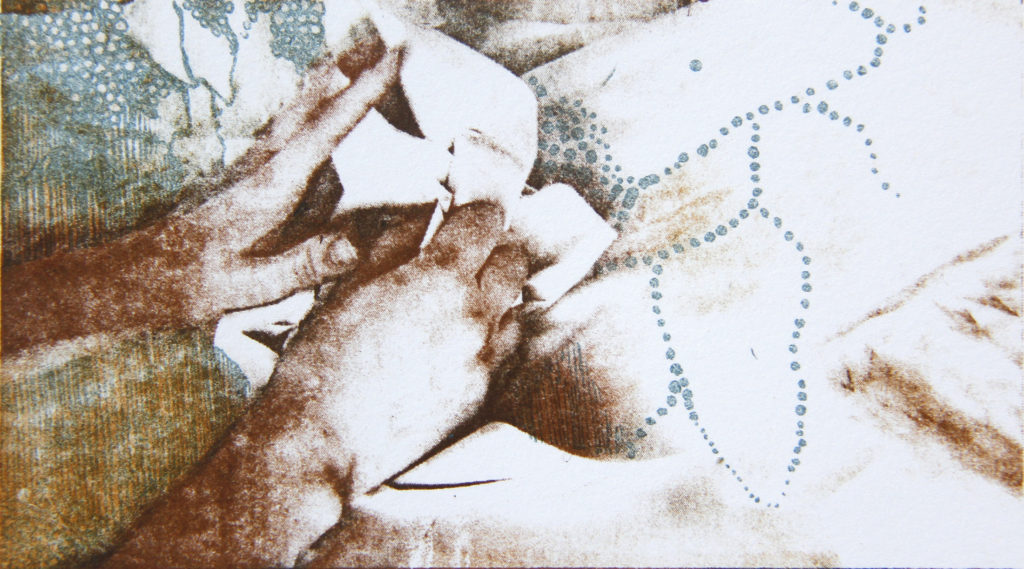Is Newfoundland the most Irish place outside Ireland?
BY Marie Stamp
March 2018
Patriotism is your conviction that this country is superior to all others because you were born in it. -George Bernard Shaw
“Ah, NewFOUNDland! Sure they speak Gaelic there, don’t they?” Irish people say to me.
“What? Well, I’ve been known to call someone a sleeveen,“ I confess, “but I hardly think that qualifies.”
“What’s a sleeveen?”
I have no problem setting Irish people straight, beginning with “UnderSTAND – NewfoundLAND,” and discussing the influence of Hiberno-English. It’s trickier to figure out what contemporary Irish people consider Irishness, and whether we Newfoundlanders really qualify.
When I ask Irish people what, in their opinion, would make a foreign place Irish, they invariably imagine a region where people of Irish ancestry make up the majority of the population. It is probably their fondest wish. The whole story of Irish emigration would be far less tragic.
I remind them that, strictly on a numerical basis, the most Irish place outside Ireland is Australia. Only 21% of half a million Newfoundlanders claimed Irish ancestry on our last census, compared to over 35% of the nearly 25 million people down-under. By that measurement, Oz is more Irish than Ireland.

Photo by Marie Stamp. The Dublin Buoy indicating 2049 miles west to St. John’s .
Well, there’s geography, I’m told … we both live on the edges of the North Atlantic, which is a pretty challenging environment. As if there were some mutual understanding between us of what it means to be dashed to bits by hailstones in July? Irish people have no idea. The Gulf Stream makes sure of that.
Here in Dublin, my lawnmower comes out in February. The only thing that ever stops people swimming in Dublin Bay 365 days a year is a swarm of jellyfish. I get a thrill when I see lilacs blooming in April, although nobody else here seems to notice.
We Newfoundlanders would love to be that kind of Irish! What would life be like if the chance of snow at St John’s airport was once every 5.9 years? Sure, the Americans would never have left Fort Pepperell. We’d be the Nantucket of the North.
Some people will say our Irishness is about religion. There are some common experiences from when we still had denominational education in our province. At the same time, there are important differences. I have a concern that laying claim to an “Irish Catholic” identity risks trivializing what this identity has cost throughout history. Nobody in Newfoundland has ever had to take sides in a conflict that can compare in ghastliness with the atrocities that took place in Ireland. When I tell my Irish friends that we celebrate both St Patrick’s Day and Orangemen’s Day, they are no less than shocked.
Our histories, economies, societies and climates are different, our tragedies are different, our lands are different. Newfoundland has wilderness, ice hockey, berry picking, cups of tea in the woods, and clothes dryers that actually work. In Ireland you can get to London for less than the price of a bus ticket from St John’s to Corner Brook. You never have to shovel snow.
Given that everyday reality, the idea that Newfoundland is a very Irish place in 2018 does not seem entirely plausible from this side of the Atlantic looking east. So what is this identity issue really about?
For a lot of us Newfoundlanders, and for a long time, our sense of identity was shaped by a bitter sense of defeat. From Beaumont-Hamel to 1949 to Churchill Falls to the collapse of the fishery, being a Newfoundlander was about a long losing streak and the stigma of transfer payments. There was something very Irish about our shared sense of inferiority. We were (supposedly) backward and poor, we had a peculiar way with the English language, and were the butt of ethnic jokes.
Whether or not you were ethnically Irish or Catholic, as a Newfoundlander on the mainland, you had to put up with the Newfie joke. I certainly had to. The ‘Newfie’ would be named Paddy or Micky. Plenty of us recognized ourselves as the Irishman in the joke, the clever underdog struggling to wring victory from defeat. Plenty of non-Catholic, non-Irish Newfoundlanders learned to identify with Irishness thanks entirely to the Newfie joke. It was relentless, and usually unpleasant.
Soon after I arrived in Ireland in 2000, I began to feel a little lighter. An offensive joke no longer followed when I explained where I was from. For the first time in my career, I felt my natural accent was not a liability.
Moreover, when Newfoundlanders come to Ireland for the first time, they are struck by a sea of familiar faces. “Swimming in the Newfoundland gene pool,” one of my visitors said, and “Look at all the Newfoundland names, luh!” looking at signs on local shops. But it’s more than that. People here in Ireland understand that “ye” is the plural of “you”, and they know how long it’s been when you’re ‘just after doing’ something. And NOBODY asks you to “do the accent”.

Photo by Marie Stamp. Fog approaching the cliffs of Howth on Dublin Bay.
Newfoundlanders in Ireland lose the sense of being peculiar, the sense of being the odd ones out. And I think that is the nub of this whole business.
I don’t know where the idea came from that Newfoundland is the most Irish place outside Ireland. As I see it, Newfoundland is unique and fundamentally different. If it weren’t, I think I’d miss it a lot less.
My own feeling is that the truth of the matter is more subtle, and more important to us than to the Irish when all is said and done. I really am not convinced that Newfoundland is a very Irish place. What I can credit instead, is the assertion that here in Ireland we Newfoundlanders can slightly drop our guard. Maybe … just maybe … Ireland is the most Newfoundland place outside Newfoundland.
(Note: No claim to Labradorian Irishness has yet been brought to my attention, so this discussion is not about the entirety of our province. My Labradorian friends are welcome to come to Ireland see for themselves!)



